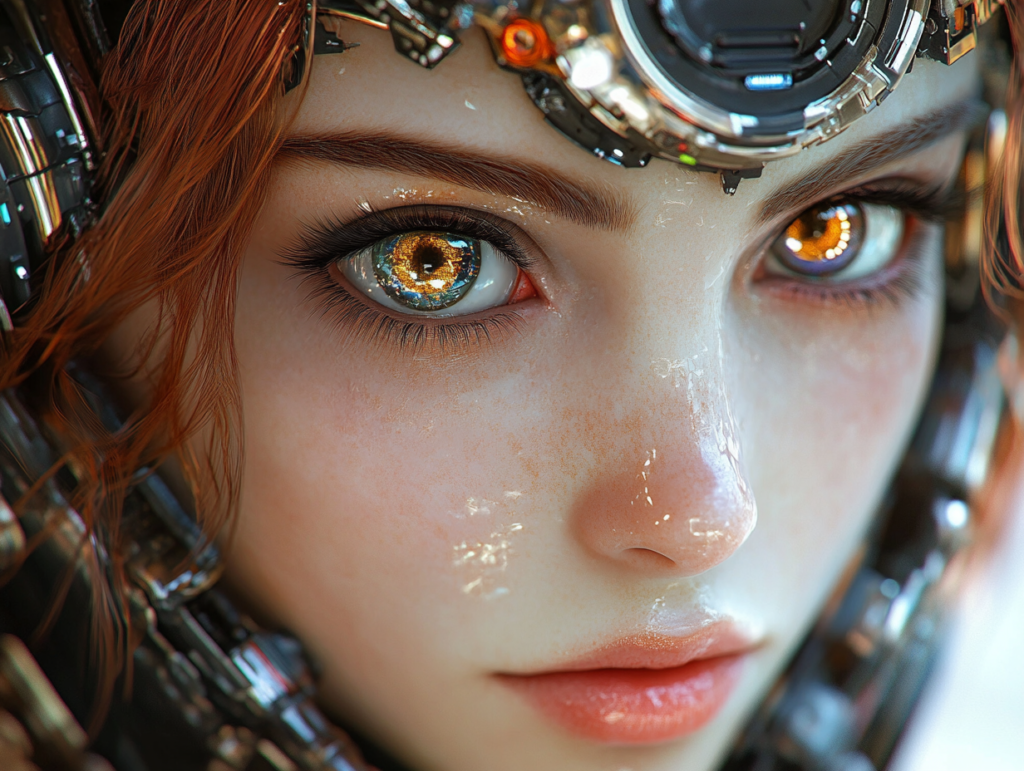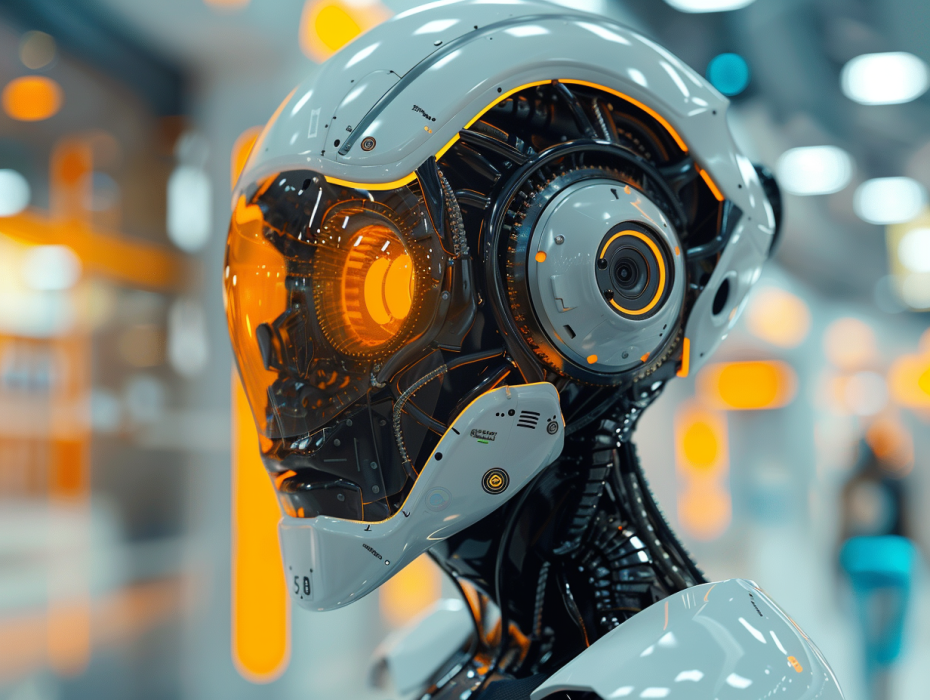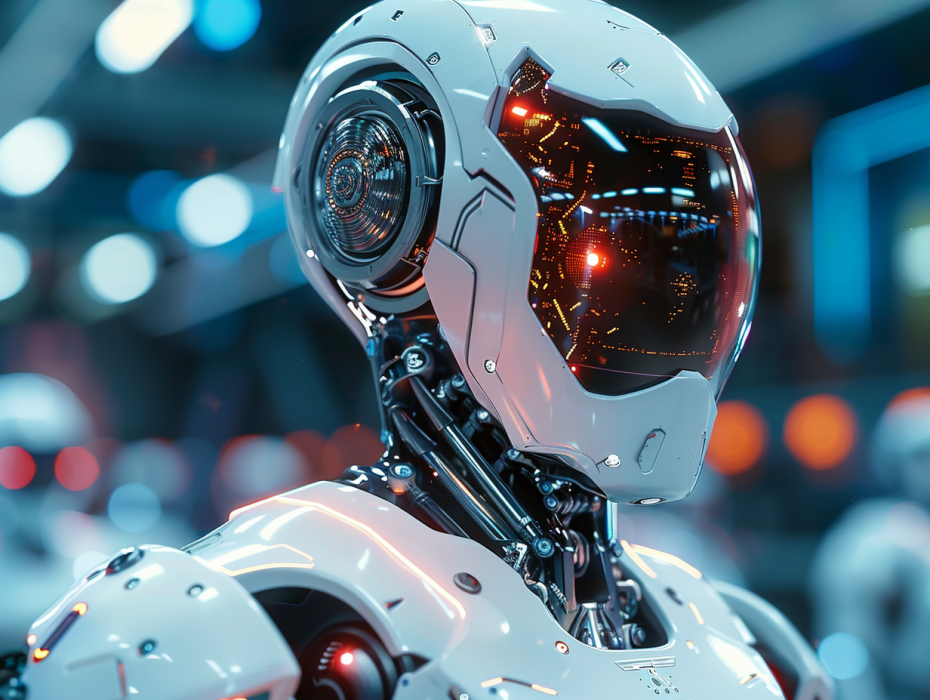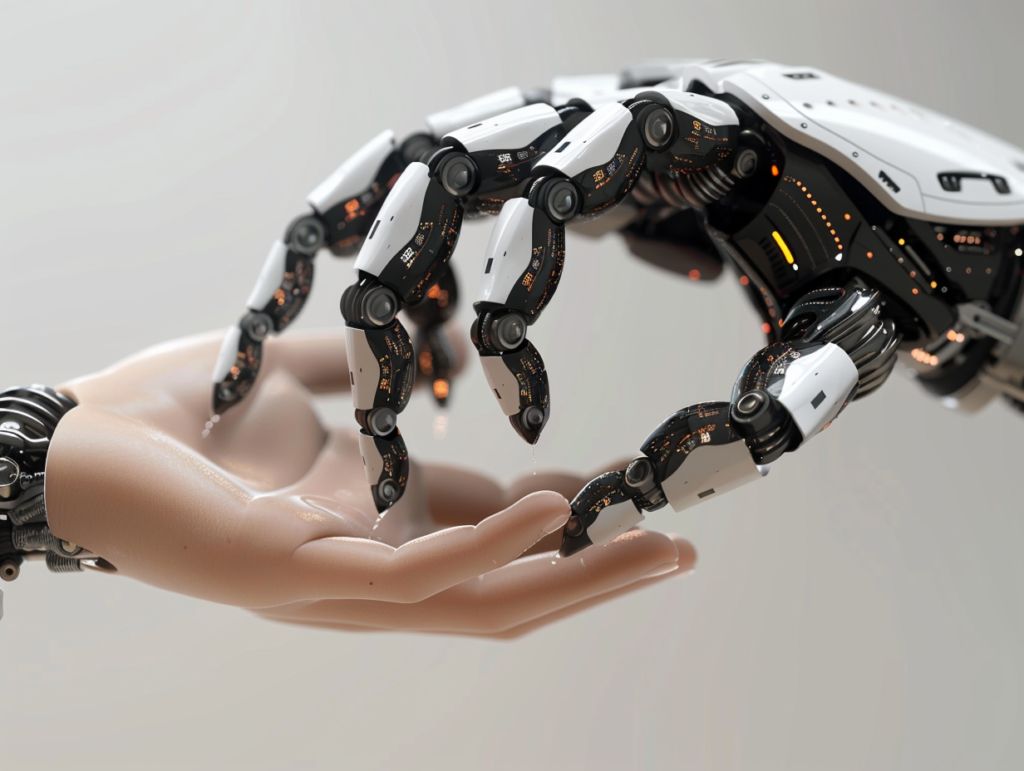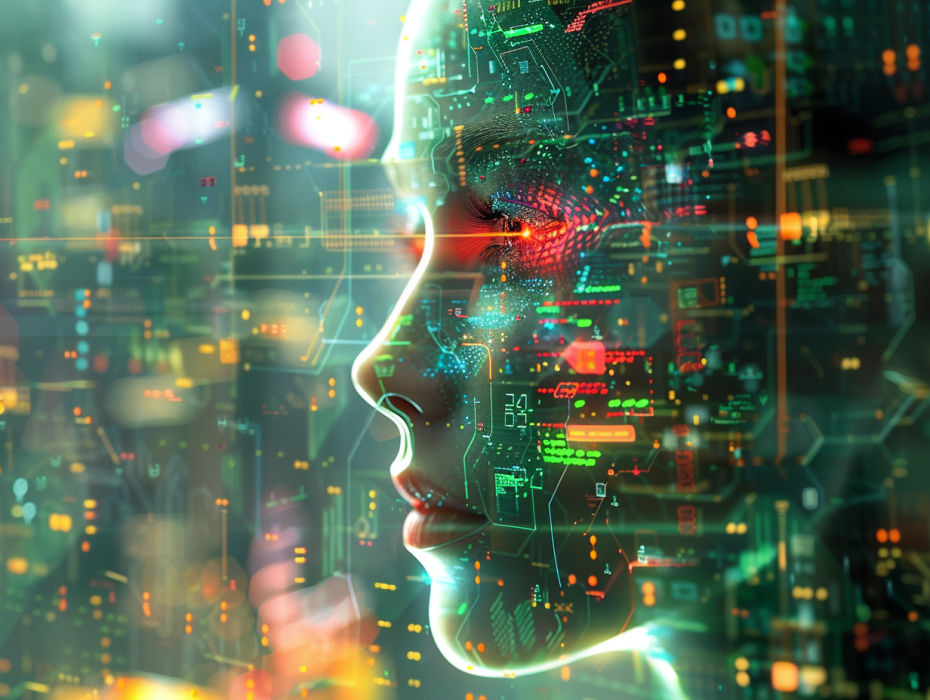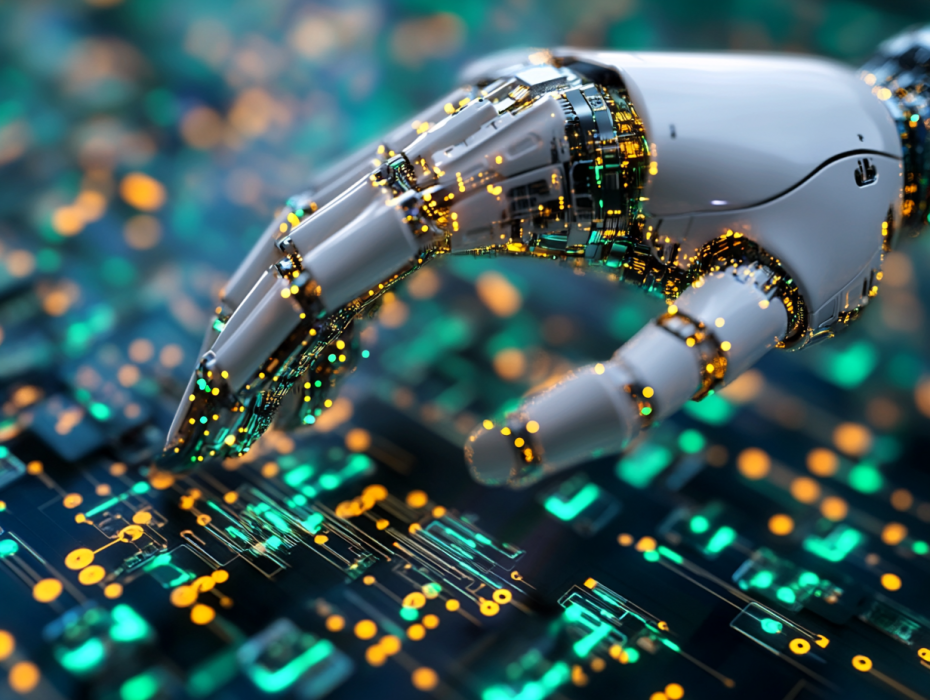
Artificial Intelligence (AI) is at the forefront of technology and the benefits of AI, innovation, driving unprecedented change across industries and enhancing everyday life. From automating complex tasks to providing personalized experiences, AI has become a game-changer. This blog explores how technology and AI work together to bring significant benefits, making our world smarter, more efficient, and more connected.
What Is Artificial Intelligence in Technology?
AI is a branch of computer science that enables machines to mimic human intelligence. Through advanced algorithms, AI systems can process large volumes of data, identify patterns, and make informed decisions.
AI is integrated into various technologies, including:
- Smart Devices: AI powers virtual assistants like Alexa and Siri.
- Data Analytics: AI analyzes trends and insights in massive datasets.
- Automation Tools: From self-driving cars to robotic process automation (RPA), AI streamlines operations.
The Key Benefits of AI in Technology
AI’s integration into technology brings a host of advantages across various domains:
1. Increased Efficiency
AI automates repetitive and time-consuming tasks, allowing humans to focus on creative and strategic work. For instance:
- Manufacturing: AI-powered robots handle assembly lines, reducing errors and boosting production.
- Customer Service: AI chatbots provide instant responses, improving customer satisfaction.
2. Enhanced Decision-Making
AI systems analyze complex datasets to provide actionable insights. Businesses leverage these capabilities for:
- Market Predictions: AI identifies consumer trends, enabling better decision-making.
- Operational Strategies: Real-time data helps optimize supply chains and resource allocation.
3. Personalized Experiences
AI tailors experiences based on user preferences, creating a more engaging and customized interaction. Examples include:
- Streaming Platforms: AI recommends content on Netflix or Spotify based on viewing or listening history.
- E-Commerce: AI curates product suggestions, enhancing online shopping.
4. Cost Savings
By automating tasks and improving operational efficiency, AI reduces labor costs and minimizes waste. For example:
- Energy Management: AI-powered smart grids optimize electricity usage.
- Healthcare Administration: Automating administrative tasks saves time and resources.
5. Improved Accuracy and Reliability
AI systems excel in tasks requiring precision, such as:
- Medical Diagnosis: AI-powered tools detect diseases with high accuracy.
- Quality Control: AI ensures consistency in manufacturing processes.
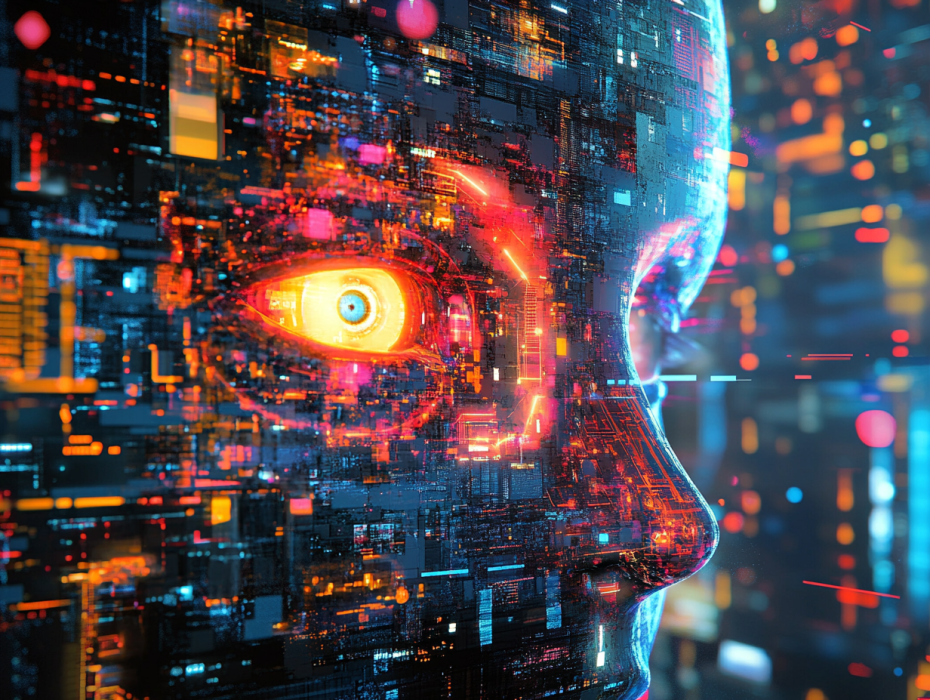
Applications of AI in Everyday Technology
1. Smart Home Technology
AI transforms homes into intelligent spaces:
- Voice-Activated Assistants: Devices like Google Home and Amazon Echo respond to voice commands.
- Smart Thermostats: AI learns user habits to optimize energy usage.
- Home Security Systems: AI analyzes footage and alerts homeowners to unusual activity.
2. Healthcare Technology
AI advancements are revolutionizing medical practices:
- Telemedicine: AI supports remote consultations and diagnoses.
- Wearable Tech: Devices monitor health metrics and provide real-time feedback.
3. Education and Learning
AI enhances learning experiences through:
- Adaptive Learning Platforms: These adjust lesson plans based on student progress.
- Virtual Classrooms: AI tools make online education interactive and efficient.
4. Transportation
AI innovations improve travel experiences:
- Autonomous Vehicles: Self-driving cars offer safer and more efficient commutes.
- Route Optimization: AI maps recommend faster, congestion-free routes.
How AI Benefits Businesses
Businesses across sectors are reaping the rewards of AI-driven technology:
1. Retail and E-Commerce
AI transforms the retail experience:
- Inventory Management: Predictive algorithms optimize stock levels.
- Customer Insights: AI analyzes buying patterns to improve marketing strategies.
2. Financial Services
AI drives efficiency in banking and finance:
- Fraud Detection: AI identifies unusual transactions and potential fraud.
- Portfolio Management: Algorithms provide investment recommendations based on market trends.
3. Marketing
AI revolutionizes digital marketing strategies:
- Targeted Advertising: AI identifies specific audience segments for tailored campaigns.
- Content Creation: Tools like AI writers generate engaging content quickly.
Challenges and Ethical Considerations
While the benefits of AI are undeniable, its adoption brings challenges:
- Job Displacement: Automation may replace certain roles, necessitating workforce reskilling.
- Data Privacy: Collecting and processing vast amounts of data raise privacy concerns.
- Bias in Algorithms: AI systems can unintentionally perpetuate biases present in their training data.
To mitigate these risks, companies must implement ethical AI practices, including transparency, fairness, and accountability.
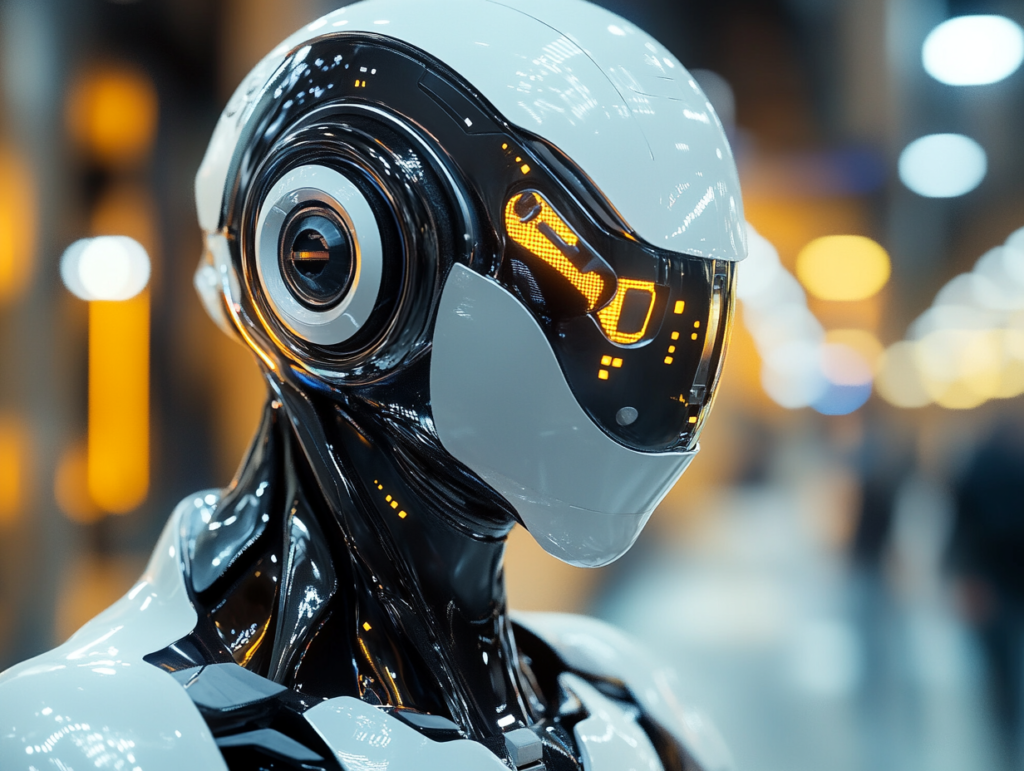
The Future of AI in Technology
AI is an ever-evolving field, and its future looks promising. Key developments on the horizon include:
- AI in Space Exploration: Advanced algorithms will help analyze cosmic data.
- General AI: Efforts are underway to create machines capable of reasoning and problem-solving across diverse tasks.
- AI-Driven Sustainability: AI will play a vital role in combating climate change through efficient resource management.
Why Embrace AI-Driven Technology?
Integrating AI into technology is no longer optional for businesses or individuals—it’s essential for staying competitive in a fast-paced, digital world. Embracing AI:
- Boosts Productivity: Automates tasks and enhances decision-making.
- Drives Innovation: Enables the creation of cutting-edge products and services.
- Improves Lives: Enhances daily activities, from smart homes to personalized healthcare.
Conclusion
The synergy between technology and AI is reshaping how we live and work. By automating tasks, improving accuracy, and delivering personalized experiences, AI-driven technology unlocks new possibilities for businesses and individuals alike.
As we move forward, the focus must be on harnessing AI responsibly and ethically to ensure it benefits everyone. Whether it’s simplifying daily routines, transforming industries, or addressing global challenges, AI holds the potential to create a smarter, more connected future.
Embrace AI today to stay ahead of the curve and be part of the technological revolution shaping tomorrow.

